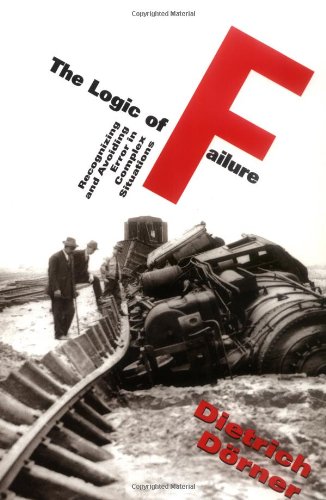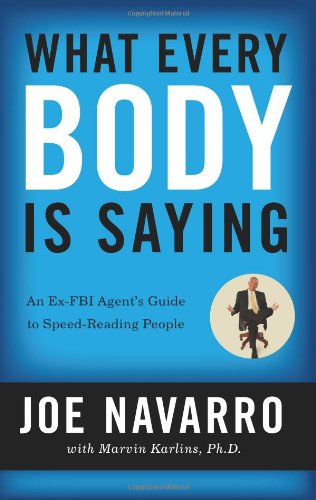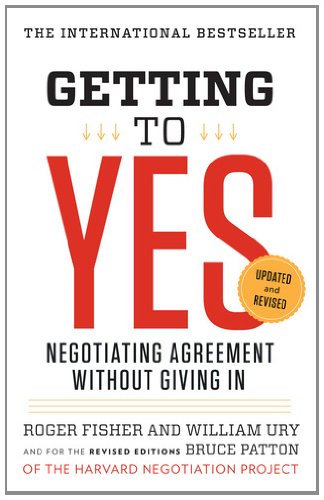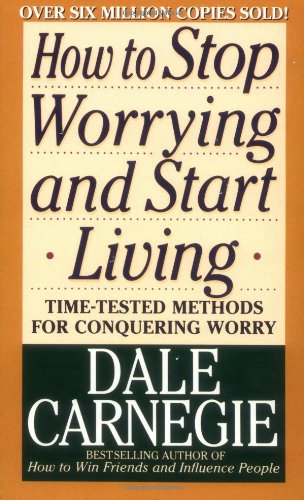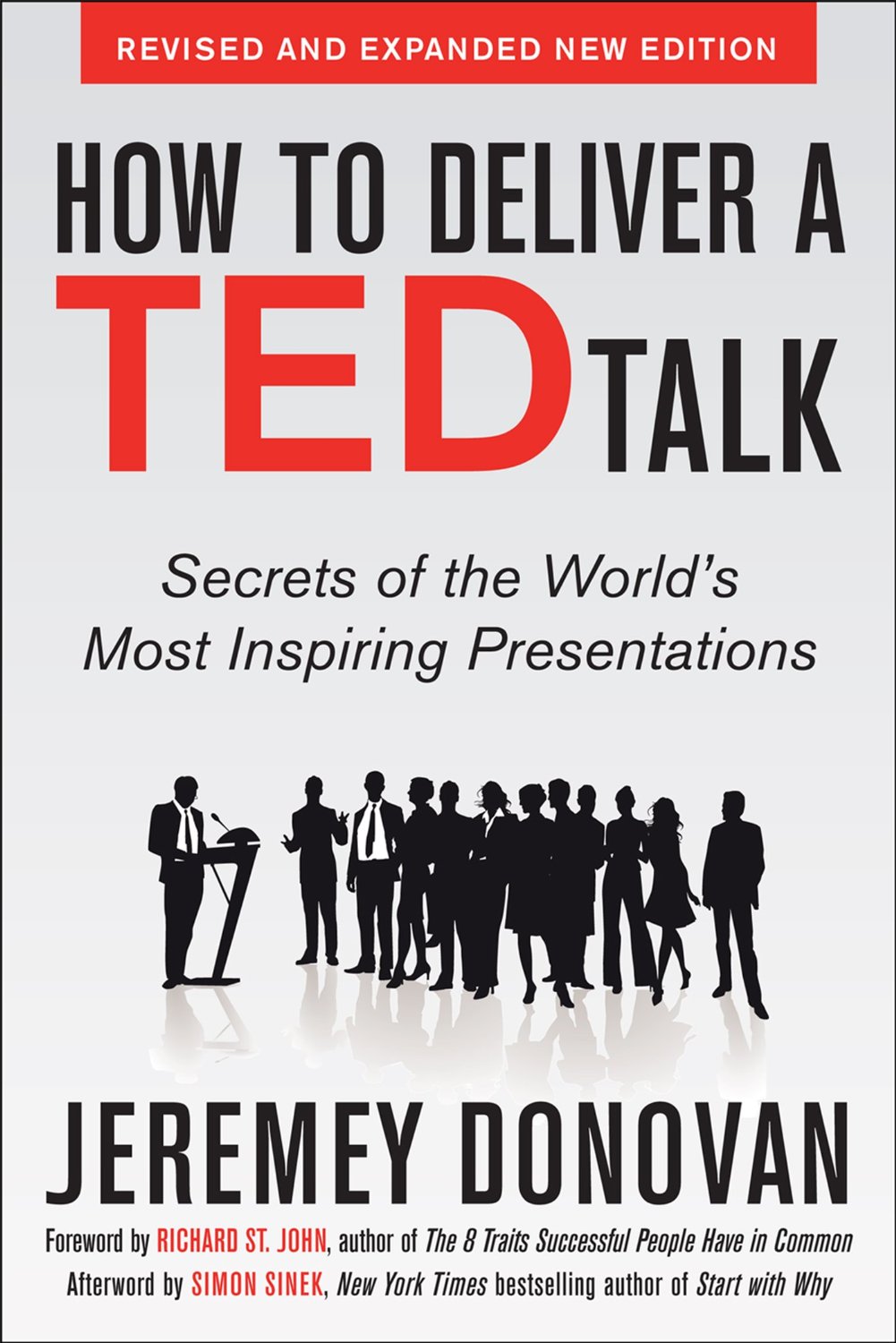Some books I’ve read that I found useful in my career and my life.
The Logic of Failure: Recognizing And Avoiding Error In Complex Situations (Dietrich Dörner)
One of my pet hates is when people try to oversimplify a complex problem in order to make it solvable. For example, “we’ll just automate everything through Webdriver and won’t have to do any more manual testing”. This book follows the results of a study where subjects were given several computer simulations of complex environments, and were asked to control certain variables in order to affect a desirable long-term outcome. It explores the strategies used by successful and unsuccessful participants and gives recommendations for successful strategy in complex situations.
What Every BODY is Saying: An Ex-FBI Agent’s Guide to Speed-Reading People (Joe Navarro)
I read a couple of body language books before this one and they weren’t nearly as in-depth. The perspective of an ex-FBI agent made for compelling reading too. Navarro talks about the physical and chemical reasons behind body language, what is automatic and what is controlled, and how to read body language in different contexts.
I bought this book to help me read other people better, but what I didn’t expect was how it helped me to notice my own body language more. It made me very aware of the subconscious message I was sending to others with my posture, my tone of voice, and more. This helped me in everyday situations and in public speaking.
Later it even helped me in my artwork, as it helped me understand how character emotion affects posture, stance and muscle tension in different parts of the body.
Getting to Yes: Negotiating Agreement Without Giving In (Fisher, Ury, Patton)
I’m not the kind of person who likes to get the best deal at the expense of somebody else, and I don’t like using manipulation or lies to get what I want. So negotiating always made me feel uncomfortable, as I felt it was difficult to achieve a fair outcome for myself if the other person wasn’t willing to be fair to me.
This was a required textbook for my friend’s Law degree, and she recommended it highly. It describes the strategy behind principled negotiation – coming to an agreement with all parties through empathy and creating options for mutual gain. It does also go into what to do if the other party is not entirely moral in their negotiation tactics.
It’s served me well and should really be required reading for life.
How to Stop Worrying and Start Living (Dale Carnegie)
I’ve met some people who have unflattering opinions of Dale Carnegie, but whatever you think of his reputation I still think his books have a lot of value. I’ve always suffered from worry and anxiety and this book actually helped me a great deal. The case studies used are interesting and useful.
Surprisingly, I found it related well to software testing too. If you think about it, testing is a response to risk and risk is, well, worrying. I’ve worked with many software development teams that want someone to “test everything” because they’re worried something bad will happen. Worrying isn’t necessarily needless – something bad COULD happen – but having a sound mitigation plan and accepting necessarily risks after analysis of the situation is a way to address this.
How to Deliver a TED Talk: Secrets of the World’s Most Inspiring Presentations (Jeremey Donovan)
When I was first asked to deliver a keynote, I was excited but pretty intimidated. I knew my talk had to be compelling and memorable, and this book helped give me some ideas what makes great presentations great.
This is tailored advice for 10 minute TED talks though, so it wasn’t all applicable to my 40 minute keynote. But the principles are sound, and it’s not a bad resource. There’s still a lot more study to be done beyond this in order to give a great talk!


